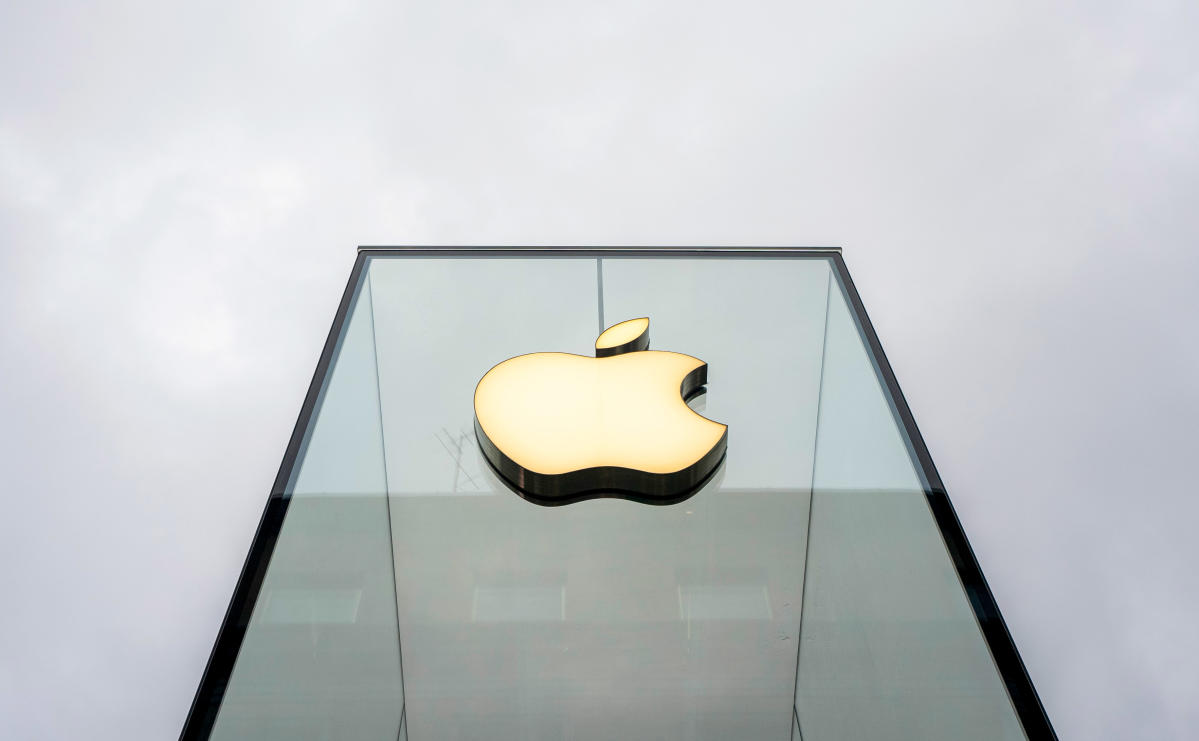The long fight to make Apple’s iMessage compatible with all devices has raged with little to show for it. But Google (de facto leader of the charge) and other mobile operators are now leveraging the European Union’s Digital Market Act (DMA), according to the Financial Times. The law, which goes into effect in 2024, requires that “gatekeepers” not favor their own systems or limit third parties from interoperating within them. Gatekeepers are any company that meets specific financial and usage qualifications, including Google’s parent company Alphabet, Apple, Samsung and others.



SMS takes less bandwidth and is perfect for large broadcast messages and works perfectly fine for text based messaging. The only major problems it has are security and media, which while are valid needs, are not a reason to get rid of one of the few universally accepted standards
SMS should have been a fallback years ago and nothing more, it’s absolutely asinine that it’s still in as much use as it is today
It doesn’t need to be a fallback. It’s still perfect for text messages, government alerts, mass notification of customers, etc.
It’s barely used today anyways. The only time it’s used on iPhone is if you’re messaging someone outside the iMessage ecosystem, which really isn’t a problem for 95% of Apple users.
I don’t know why you insist on holding onto a 30+ year old protocol. It’s not perfect and at times it can be downright unreliable. Once it’s left your phone you have no idea if it was successfully delivered or not, there’s no acknowledgement no retrys no retransmits. It just shoots it off and hopes for the best.
Group chats are laughably broken even among all SMS recipients (It was never intended for it anyway) and frankly the bandwidth required for text regardless of if it’s over SMS or RCS is inconsequential, who cares if RCS messages need a bit more bandwidth to send text. The difference is negligible.
That’s why it works so well. What you see as problems with SMS I see as good design decisions. It’s an incredibly simple implementation that does exactly what it’s supposed to. You just want it to do more than it needs to.
Something will eventually replace it, but it sure as hell won’t be RCS. RCS is a defacto google standard now. Many features are locked out if you don’t use google servers. It’s not an open standard and it’s disingenuous to portray it as one.
Uh yea, because we do so much more on our phones, it might be well designed, but it was well designed for the 90s. That’s why it makes a good fallback protocol, but by no means should it be the go-to.
RCS is the replacement, it’s been the replacement for a long time in the EU. In fact, if the US carriers just implemented it when the EU did, this entire thread wouldn’t even exist.
It’s a standard until Google takes control of the GSM Association.
Here’s a Wikipedia article on RCS : https://en.wikipedia.org/wiki/Rich_Communication_Services
Even has this blurb:
It’s still not a standard as long as you’re relying on google for the majority of features.